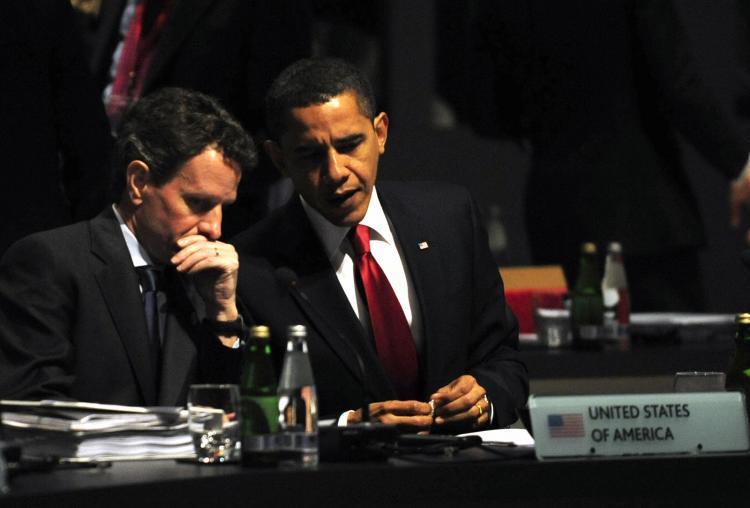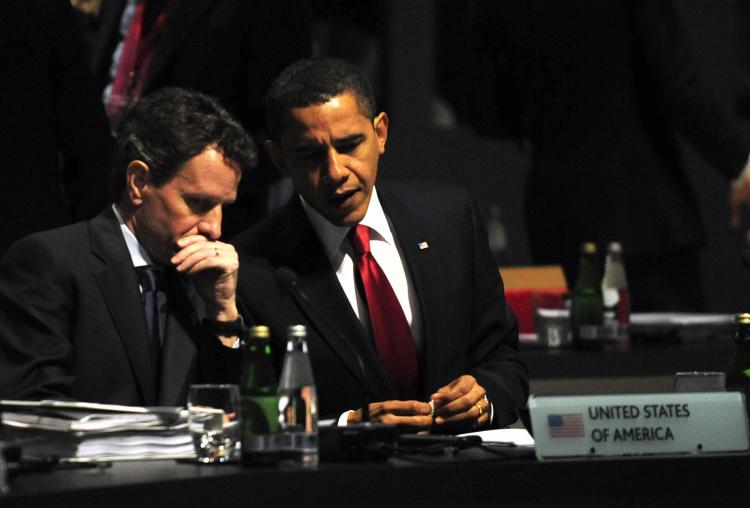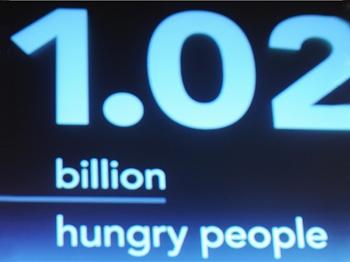The United States has a long held position on free market economics and so has been unwilling to consider Europe’s desire for a more fully regulated global economic system, but given the recent unraveling of financial institutions in New York, that long held position has softened, leading to an agreement at the recent G20 meeting in London on the global regulation of financial markets.
The leaders of the 20 most powerful economies met to address the real problems facing the economies of the world. The focus was to restore confidence globally in the economy, get the world economy back on track towards growth and begin to restore the many jobs that have been lost. While the agreement that was reached was in its own way a milestone, a question that needs to be asked is, how well does it truly address the problems facing the economies of the world?
The agreement was for the expansion of the Financial Stability Forum, currently headed by Italy, into what will be called the Financial Stability Board (FSB), which will provide governance and monitor threats to the world economy, and a much larger, redefined role for the International Monetary Fund (IMF).
The funding of the IMF has been expanded from US$250 billion to $750 billion, while its traditional role has moved beyond that of a lender of last resort, intervening only when a national economy has reached a liquidity crisis when it can no longer sustain itself and get access to capital. It will now also provide a credit facility to countries that need reform but have not yet reached the point of crisis. The provision of this credit facility will hopefully reduce the number of countries that actually reach the point of a liquidity crisis and require the kind of draconian measures for which the IMF has become infamous.
Additionally, the IMF has been allowed to create US$250 billion in Special Drawing Rights (SDR). While the SDR is not new, the IMF has now been allowed to issue SDR in the form of currency. This is a very significant change in direction from the U.S. dollar being the defacto global currency. In a sense, the IMF will begin to fill a role as the central bank for the global economy as it will have this new monetary instrument to extend to national economies.
All of this US$1.1 trillion being injected into the IMF and the World Bank (with US$750 billion going to the IMF) is being described as stimulus to the ailing global economy.
Fundamentally the IMF lends money to failing national economies. When it lends money or, under its enhanced powers, provides credit facilities to nations in difficulty, is that stimulating the global economy? This doesn’t seem to be so much stimulus as putting in place the tools to do emergency patchwork where necessary.
So let’s be clear here: what really came out of the G20 meeting was not growth and jobs for the much deteriorated global economy (although it did go a ways towards restoring confidence), it was an agreement that will prevent the destabilizing and dangerous effect of national economies, in various parts of the world, from collapsing. It provided a robust tool to help those economies recover.
In its own right that is a worthwhile achievement. It protects the larger global economies from the disastrous effect of small to mid-sized national economies collapsing, which could have unexpected ripple effects that would be difficult to forecast and control.
Nevertheless, this is a subset of what is needed presently for addressing the real problems of the world’s economies.
Meanwhile, the United States will need to come terms with the role given the FSB. Financial regulators and central bankers from the G20 nations—individuals not directly responsible to any American elected official—will now determine broad standards and regulations over American financial institutions, institutions that hold approximately 40 percent of the
world’s wealth. This change may be difficult for Americans, accustomed to governing their own financial institutions, to get accustomed to.
The leaders of the 20 most powerful economies met to address the real problems facing the economies of the world. The focus was to restore confidence globally in the economy, get the world economy back on track towards growth and begin to restore the many jobs that have been lost. While the agreement that was reached was in its own way a milestone, a question that needs to be asked is, how well does it truly address the problems facing the economies of the world?
The agreement was for the expansion of the Financial Stability Forum, currently headed by Italy, into what will be called the Financial Stability Board (FSB), which will provide governance and monitor threats to the world economy, and a much larger, redefined role for the International Monetary Fund (IMF).
The funding of the IMF has been expanded from US$250 billion to $750 billion, while its traditional role has moved beyond that of a lender of last resort, intervening only when a national economy has reached a liquidity crisis when it can no longer sustain itself and get access to capital. It will now also provide a credit facility to countries that need reform but have not yet reached the point of crisis. The provision of this credit facility will hopefully reduce the number of countries that actually reach the point of a liquidity crisis and require the kind of draconian measures for which the IMF has become infamous.
Additionally, the IMF has been allowed to create US$250 billion in Special Drawing Rights (SDR). While the SDR is not new, the IMF has now been allowed to issue SDR in the form of currency. This is a very significant change in direction from the U.S. dollar being the defacto global currency. In a sense, the IMF will begin to fill a role as the central bank for the global economy as it will have this new monetary instrument to extend to national economies.
All of this US$1.1 trillion being injected into the IMF and the World Bank (with US$750 billion going to the IMF) is being described as stimulus to the ailing global economy.
Fundamentally the IMF lends money to failing national economies. When it lends money or, under its enhanced powers, provides credit facilities to nations in difficulty, is that stimulating the global economy? This doesn’t seem to be so much stimulus as putting in place the tools to do emergency patchwork where necessary.
So let’s be clear here: what really came out of the G20 meeting was not growth and jobs for the much deteriorated global economy (although it did go a ways towards restoring confidence), it was an agreement that will prevent the destabilizing and dangerous effect of national economies, in various parts of the world, from collapsing. It provided a robust tool to help those economies recover.
In its own right that is a worthwhile achievement. It protects the larger global economies from the disastrous effect of small to mid-sized national economies collapsing, which could have unexpected ripple effects that would be difficult to forecast and control.
Nevertheless, this is a subset of what is needed presently for addressing the real problems of the world’s economies.
Meanwhile, the United States will need to come terms with the role given the FSB. Financial regulators and central bankers from the G20 nations—individuals not directly responsible to any American elected official—will now determine broad standards and regulations over American financial institutions, institutions that hold approximately 40 percent of the
world’s wealth. This change may be difficult for Americans, accustomed to governing their own financial institutions, to get accustomed to.



